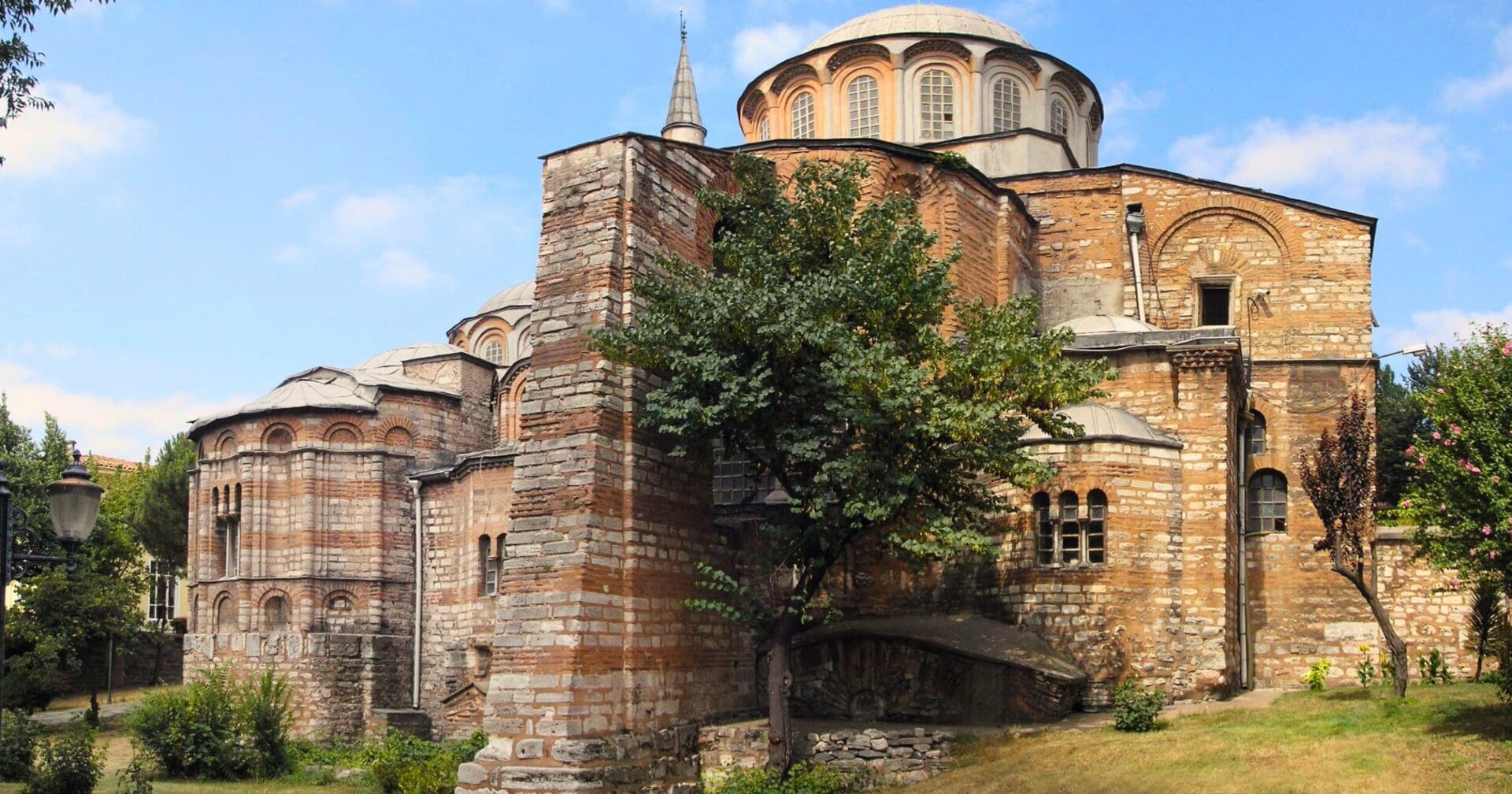Echoing the transformation of the Hagia Sophia, Turkey is set to convert the historic Chora Church, a stunning example of Byzantine architecture, back into a mosque.
Known for its exquisite mosaics and frescoes, the Church of the Holy Savior in Chora has been a museum for the past 79 years but will soon welcome Muslim worshippers, marking another shift in the country’s approach to its Byzantine heritage.
Situated in Istanbul’s historic center, the Chora Church dates back to the 6th century, with its art treasures dating from 1305 to 1320 during the reign of Palaiologos. After the Ottoman conquest, it was turned into a mosque in 1511, and its Christian artworks were covered, only to be uncovered and restored after it became a museum in 1945.
Turkish President Recep Tayyip Erdoğan’s 2020 decree has ignited this transformation, signaling a broader trend of reappropriating historical Christian sites for Islamic worship. This decision has stirred international debate, particularly among Orthodox Christians and those concerned with preserving the cultural and religious heritage of such sites.
The Turkish Directorate of Foundations announced that the mosque’s opening is set for May, after restoration work is completed. This clarifies earlier reports suggesting an earlier opening date. The preservation of the church’s iconic mosaics and frescoes has been a priority, with special arrangements made to accommodate Islamic prayers without harming these historical artworks.
Photo credit: Public Domain via Wikimedia Commons
















